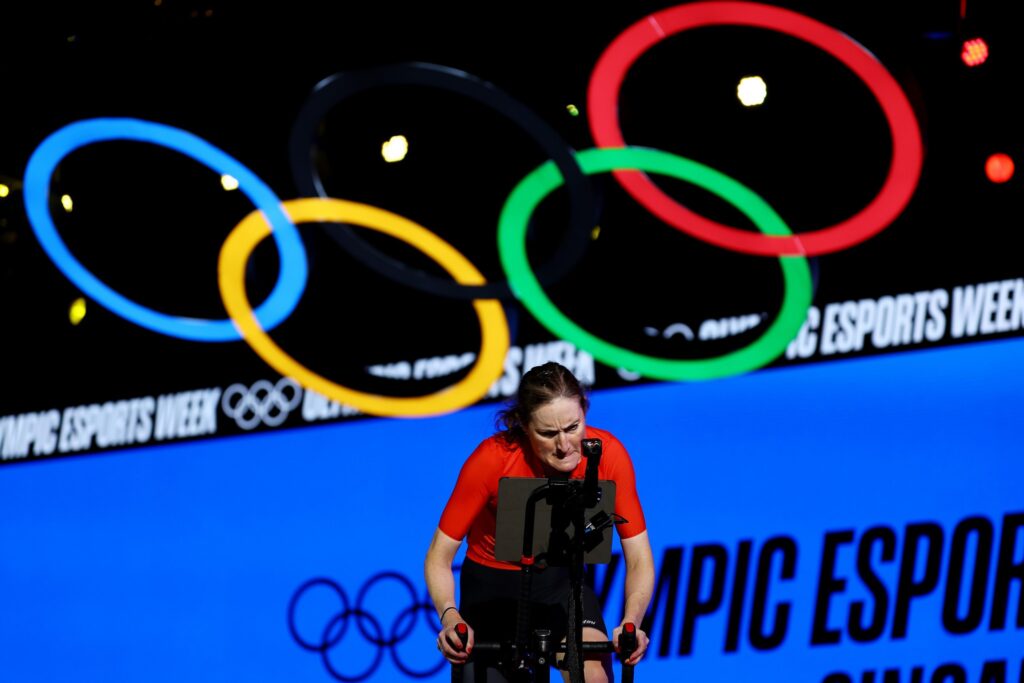The International Olympic Committee (IOC) has announced that Saudi Arabia will no longer host the first-ever Esports Olympics, which had initially been scheduled for 2027. The decision marks a major shift in the IOC’s plans to integrate competitive gaming into the Olympic framework.
In a joint decision, the IOC and the Saudi National Olympic Committee agreed to end their cooperation on the project. The move effectively resets the plans for the Esports Olympics, which will now have to secure a new host nation and timeline.
The inaugural Esports Olympics had originally been expected to debut in Riyadh before being postponed earlier this year. Saudi Arabia had been guaranteed hosting rights for 12 years starting from 2025 under a previous agreement with the IOC.
The change in IOC leadership, with Kirsty Coventry replacing Thomas Bach as president, has reportedly influenced a new strategic direction for the initiative. The IOC said the decision allows both parties to pursue their respective esports ambitions independently.
Saudi Arabia’s Esports World Cup Foundation (EWCF) emphasized that it will continue to focus on expanding its Esports World Cup, the world’s largest gaming and esports festival. The foundation also plans to launch the inaugural Esports Nations Cup in November 2026.
The IOC, meanwhile, faces multiple challenges in reviving the Esports Olympics. These include negotiations with game publishers, creating standardized anti-doping policies, and ensuring adherence to the Olympic Charter’s “non-violence” principle, which excludes many popular titles.
Despite the setback, the IOC remains committed to developing the Esports Olympics concept. The committee stated that the relaunch would aim to align the event more closely with the long-term goals of the Olympic movement while broadening participation opportunities worldwide.
Saudi Arabia’s growing investment in global sports continues to draw scrutiny from human rights organizations. Critics argue that the kingdom uses major sporting events to distract from rights violations, a practice often referred to as “sportswashing.” Saudi authorities deny such allegations, asserting that their investments aim to promote national development and global engagement.
The future of the Esports Olympics now remains uncertain as the IOC works to identify a new host and structure for the much-anticipated event.

